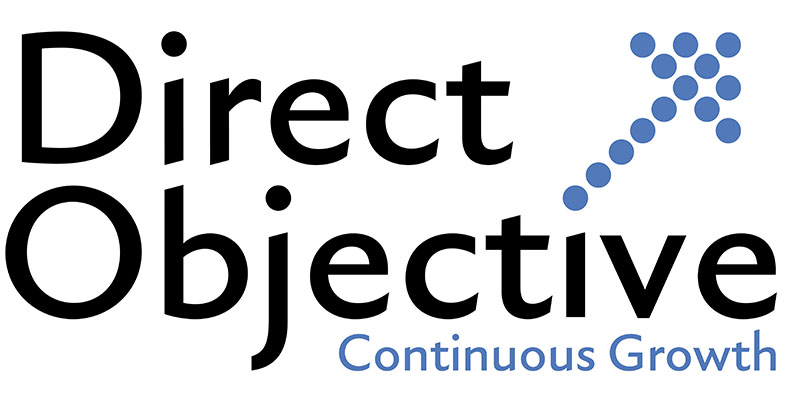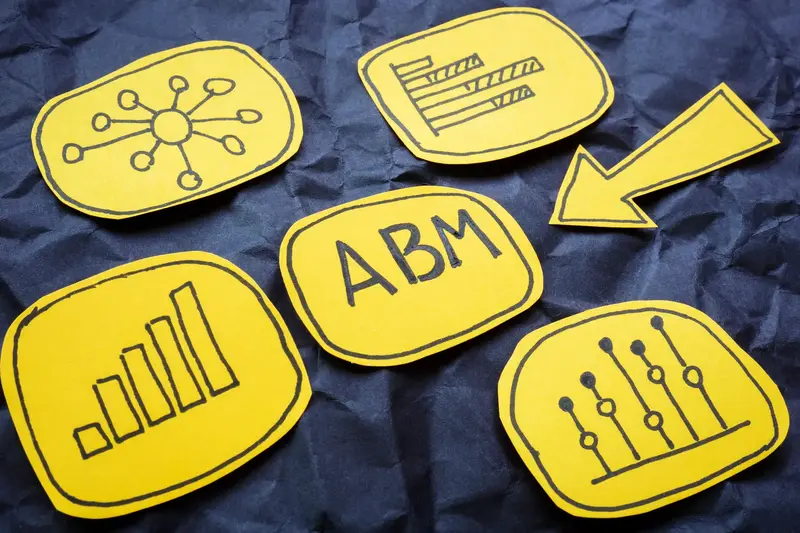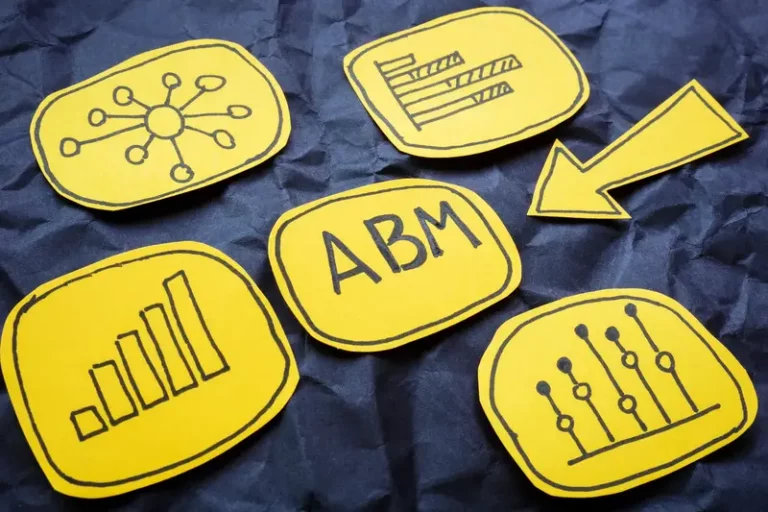B2B branding should be a cornerstone in your marketing mix. As you know, B2B purchase decisions don’t happen overnight. They often involve significant financial commitments, multiple stakeholders, and long sales cycles. Because of this complexity, your brand becomes more than just a logo or tagline. It becomes the trust signal and the reputation that will follow your company everywhere.
Unfortunately, many organizations underestimate branding on the B2B side, mistaking it for a B2C-only thing. In reality, your brand might be the single most powerful differentiator you have in an increasingly crowded and competitive market. A strong B2B brand clarifies who you are, why you matter, and why buyers should choose you over a competitor.
Let’s break down the top five reasons why investing in branding is not optional, but essential.
1. B2B Branding Equals a Clear Value Proposition

B2B buyers are driven by Return on Investment (ROI). They want to know if a solution will save them money, improve efficiency, and reduce risk. If your brand can’t answer these questions quickly and clearly, you risk losing attention.
A strong brand helps you communicate a crisp, compelling value proposition. It highlights what sets you apart, whether it’s deep subject-matter expertise, cutting-edge innovation, authoritative, industry-leading reliability, or personalized customer service. Think of it as a cue that instantly positions your company in the buyer’s mind.
For example, when buyers think of Salesforce, they think CRM leader. When they think of IBM, they think trusted enterprise partner. Those name associations don’t happen by accident. They’re the result of deliberate branding investments that consistently express value. Without that clarity, your brand risks being lumped with all the others.
2. Trust & Credibility: The Currency of B2B Branding

In B2C, a customer might take a chance on a new product with little risk-taking (e.g., Oh, let me try this new cookie). In B2B, however, decisions can involve millions of dollars, and complex integrations with no ROI will have a heavy cost on the reputations of the decision-makers themselves. That means trust isn’t just important, it’s the currency that drives the deal forward.
B2B branding plays a direct role in building this credibility. Supporting proof points like customer testimonials, industry certifications, analyst recognition, or in-depth case studies reinforce a “trust us” message one by one. Even consistency in delivery (always the same message, showing up prepared for meetings, meeting deadlines, and exceeding expectations) feeds into brand credibility.
When your brand manifests trustworthiness, you reduce buyers’ perceived risk. In B2B, reducing risk can be the tipping point that wins the contract.
3. Consistency Across Touchpoints Throughout the Buyer Journey

Modern B2B buyers interact with your company long before they ever speak to a salesperson. According to research by 6sense, 81% of B2B buyers pick a preferred vendor before ever speaking to sales. And nearly 70% of their decision-making process is already done by the time they show up on your radar by visiting your website, social media, discussion groups, industry expert reports, and peer recommendations.
If your messaging, tone, or visuals are inconsistent across these touchpoints, you introduce friction, and buyers may start questioning whether your company is truly reliable. But a cohesive brand ensures that the buyers experience the same professionalism and clarity of message, no matter where they encounter you, whether on LinkedIn, in a newsletter, in a sales deck, or at a trade show.
Think of B2B branding as a thread that ties all these moments together. A unified look and feel creates recognition. Consistent messaging builds understanding. Together, they reinforce the message and the sense that your company is professional and trustworthy.
4. B2B Branding Helps Build an Emotional Connection

B2B is often described as “all logic, no emotion.” While logic plays a huge role in the process (evaluating ROI, assessing risk, comparing features, etc.), human beings make the final decisions.
A strong brand acknowledges this reality. It blends professionalism with a sense of humanity. Showing empathy for client challenges, reflecting shared values, and positioning your company as not just a vendor, but a partner, can differentiate you from other competitors. When buyers feel understood, they’re far more likely to advocate for your solution internally.
Take Slack, for instance. On paper, it’s just a workplace communication tool, competing with countless alternatives. But Slack’s branding emphasizes more than efficiency: it leans into making work more human and enjoyable. Their playful tone, approachable design, and community-driven ethos create an emotional connection with buyers who value not just productivity, but a better work experience for their teams.
By striking the right balance between professionalism and emotional connection, your brand makes it easier for buyers to say, “These are the people I want to work with.”
5. Reputation & Advocacy

Your brand doesn’t just live in your marketing materials; it also lives in what people say about you (i.e., in person between colleagues, on social media, in reviews). That reputation can either accelerate your growth or hold you back.
Strong B2B branding fuels advocacy. Satisfied customers tell their success stories, whether through formal case studies or informal word-of-mouth recommendations. Employees who feel connected to the brand proudly share its content, amplifying your reach and credibility. And industry peers recognize and respect companies whose brands consistently deliver on their promises.
This reputation becomes a self-reinforcing loop. The stronger your brand, the more advocates you attract. The more advocates you have, the easier it becomes to win new opportunities. Over time, your brand reputation becomes one of your most valuable business assets, one that no competitor can replicate.
Key Takeaways: Investing in B2B Branding
Investing in your branding creates a strategic asset that drives measurable business outcomes. A strong B2B brand clarifies your value proposition, builds trust that takes risk away in big decisions, creates consistency across the buyer journey, fosters human connection, and turns customers and employees into your best advocates.
In a market where products and services can look similar, your brand may be your most powerful differentiator. Companies that treat branding as a growth driver, and not as an afterthought, set themselves up to win deals and build enduring market leadership.
Interested in upscaling your B2B branding? Schedule a free consultation with one of Direct Objective’s experts today!










